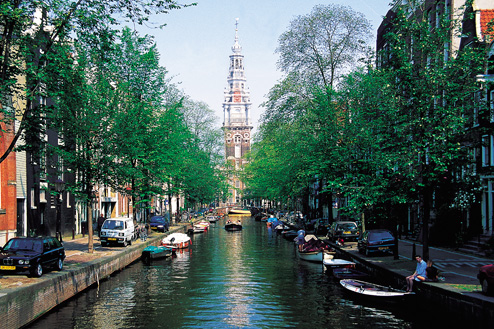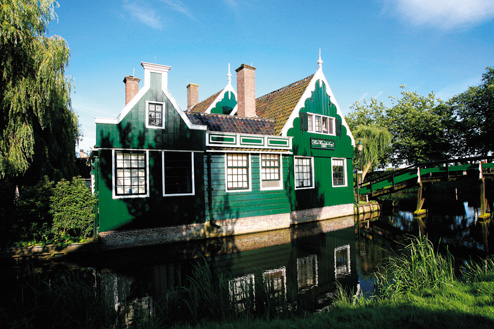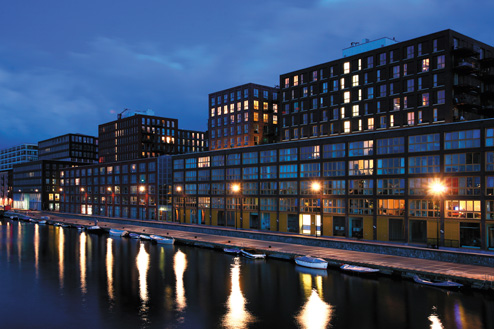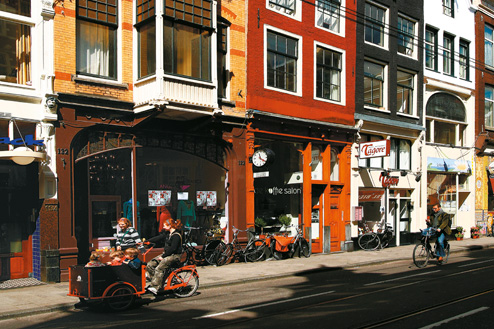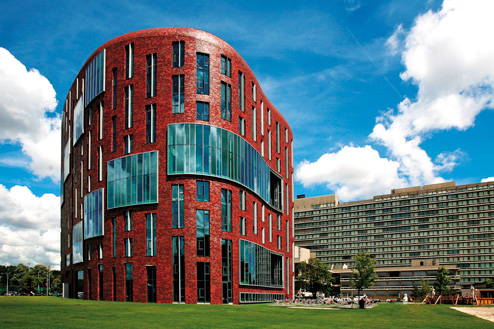Financial Planning
The Netherlands is a socially conscious society and its governmental and tax policies reflect that. You may be surprised at the amount of tax you will pay – this varies from 33% to 50% depending on your salary bracket. Most people do have savings accounts in the Netherlands; the frugality of the country’s Calvinist roots are still in evidence, though spending is on the increase. One big advantage of home buying in the Netherlands is that it’s not necessary to save money for a deposit as you’re not required to have one to get a mortgage here. As space is always a valuable commodity in Amsterdam, property is not a bad investment idea but it’s not likely you’ll find any ‘bargains’ . The euro is quite strong and is predicted to remain competitive for some time. It’s better to open a savings account in the Netherlands if you’re going to be staying for any lengthy period. In order to fully understand your financial options and opportunities it is a good idea to hire a financial advisor. The ins and outs of the Dutch tax and banking systems are difficult enough without having to contend with the fact that they are in Dutch. Your bank will have employees who can talk to you about most aspects of finance like mortgages and savings plans, but for any more complex forms of investment you should find a reputable financial advisor to help you. A good financial advisor will also be able to advise you on offshore schemes like those in the Netherlands Antilles and Belgium.

